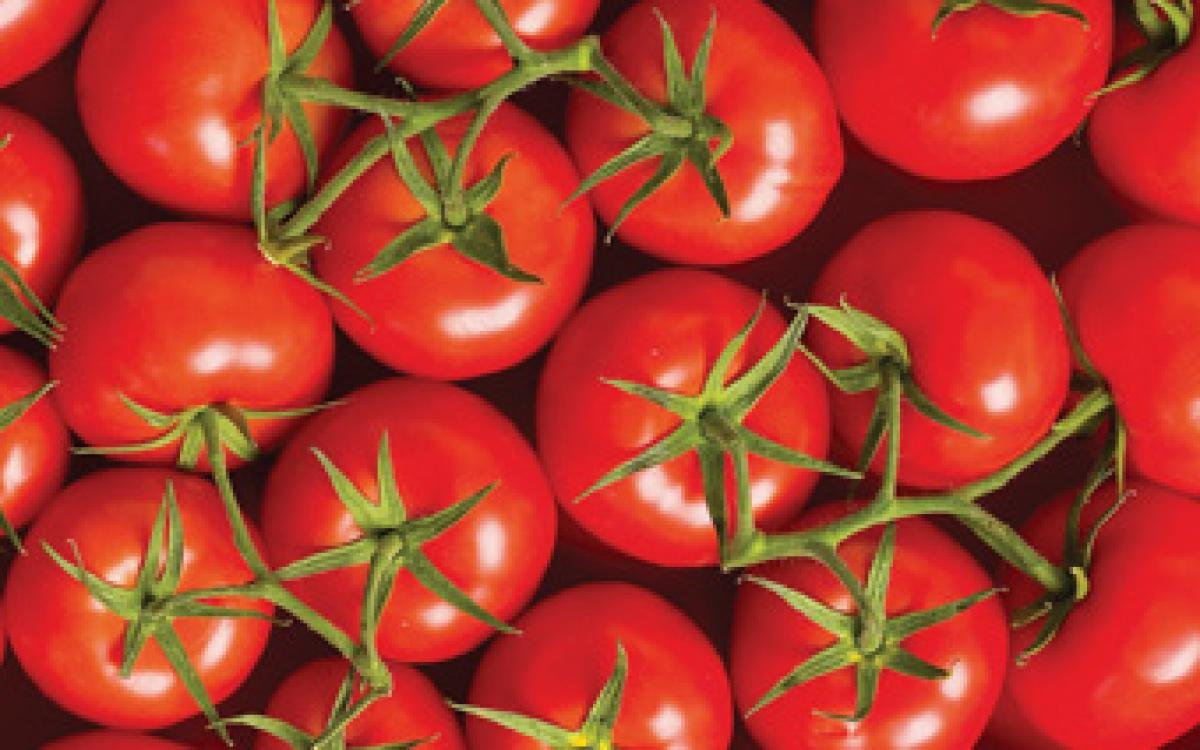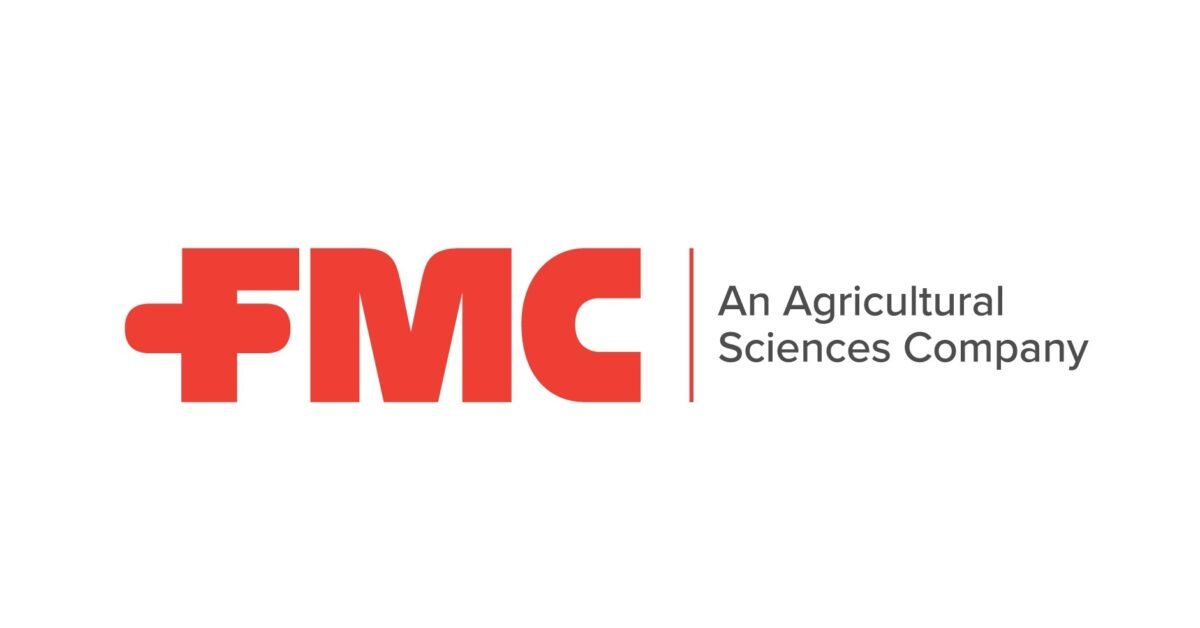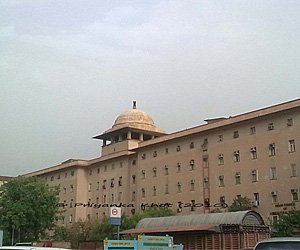Agriculture sector to expand by 3.5-4% in 2025: Shivraj Singh Chouhan
Speaking on the numerous rural welfare projects that Prime Minister Narendra Modi has put in place over the last six months, Chouhan expressed confidence in India’s development trajectory, on the occasion of New Year
According to Union Agriculture Minister Shivraj Singh Chouhan, the country’s agriculture and related sectors are predicted to expand by 3.5–4 per cent in 2024–2025, which is a notable improvement above the 1.4 per cent growth observed in FY24.
“The New Year has brought good news that the growth rate of agriculture and allied sectors is likely to be 3.5 to 4 per cent this year,” said Chouhan. Compared to the agricultural growth rate of 1.4 per cent in the previous fiscal year, the anticipated growth is a significant increase.
The minister emphasized continued efforts to guarantee fair prices for farmers’ produce and cited a number of rural development initiatives, such as the Lakhpati Didi campaign to improve rural livelihoods, village road connectivity, homes for the poor, and skill development. Additionally, he emphasized how the Mahatma Gandhi National Rural Employment Guarantee Act (MNREGA) helps to employ laborers in rural areas.
Separately, Union Home Minister Amit Shah stated that the Narendra Modi administration has reaffirmed its commitment to supporting farmers on the first day of 2025, acting as a shield for them. “Today, the first day of 2025, the Modi government has reaffirmed its commitment to supporting farmers like a shield. Even if the price of DAP rises on foreign markets, the decision to provide further subsidies will guarantee that our farmers can still access it at fair pricing.
Shah’s remarks followed the Union Cabinet’s approval of a one-year extension of two crop-insurance programs and the announcement of a one-time package to subsidize the essential fertilizer DAP at a cost of up to Rs 3,850 crore.
Speaking on the numerous rural welfare projects














